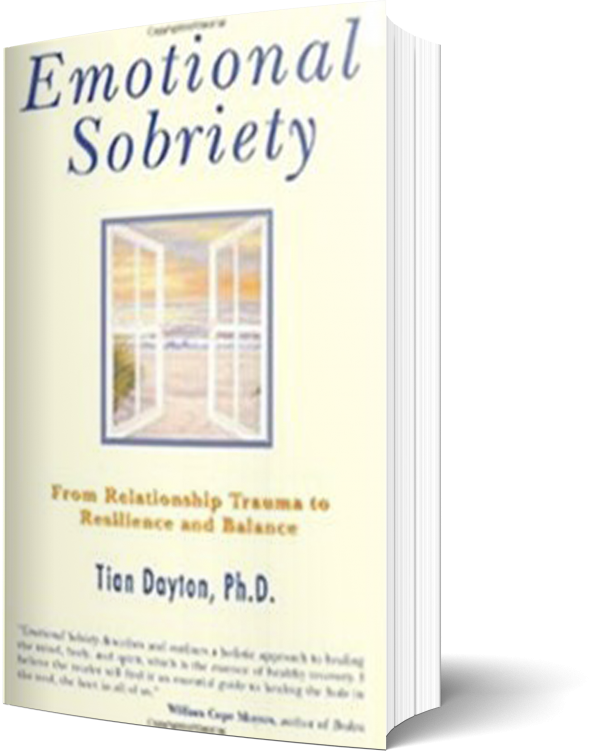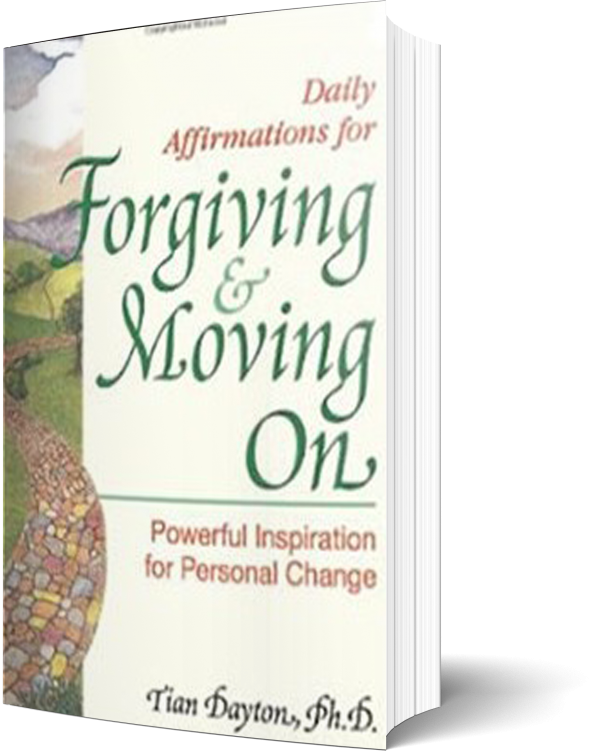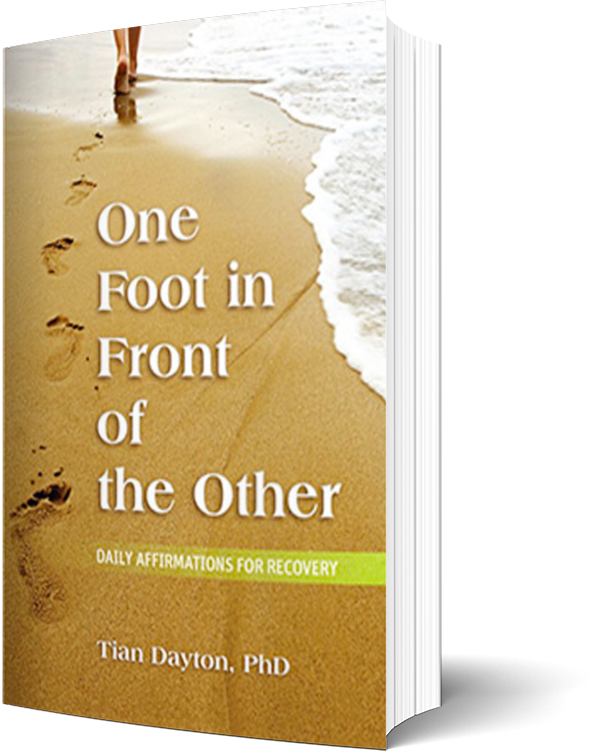I have always felt that the field of psychology has divided itself too much from the spiritual nature of people. You cannot look into the DSM1V (our psychological diagnostic manual), for example, and find “soul sickness”, even though many of the people I see are sick at heart and feel a loss of purpose and meaning in their lives.
Forgiveness is something that people grapple with around the holidays. Interpersonal losses are felt more keenly during a time of year when family and friendship are in every song and on the tip of everyone’s tongue. So many of us are caught up in being hurt, in fantasies of revenge, in trying to regain a sense of self that someone who has hurt us seems to have taken away. Forgiveness in these moments can seem like lying down and being walked all over, it can feel passive and compromising.
But if we read The Sermon on the Mount, it is after all Christmas, “going the extra mile” or “turning the other cheek” may have other possible interpretations. It seems that Christ may be talking about standing up to someone, in an active and strong way, who has hurt us or who wants to take from us. Not to lie down and take it but to walk through and beyond it, to be bigger than it, to remain standing and strong rather than retreat and collapse; to be stronger spiritually speaking, than another person’s avarice, greed or hate.
I work in the addictions field where wrong doing is often denied and minimized. Rather than call a wrong a wrong and forgive it, people in alcoholic families often try to rewrite the wrong into something that is less distasteful, they twist around their sense of right and wrong to make wrong more palatable so that they can live with it more easily. Eventually they can even lose their ability to discern which is which. Alcoholic and dysfunctional families, in other words, learn to minimize wrong doing rather than look it straight in the face and “forgive” it. One of the things that I like about the concept of forgiveness is that forgiving someone implies that there actually has been wrong doing; that someone’s actions have in fact been hurtful or inappropriate.
Forgiving then, it seems to me, leaves choice in our own hands. I can choose to acknowledge that something was wrong and forgive it or not. For me, it beats minimizing and denying or their dark opposites, staying stuck in anger and a desire for revenge.
So if this holiday season you are contemplating forgiving someone who has hurt you but you are afraid that doing so will leave you feeling weak and vulnerable, consider this interpretation, that forgiveness is an act of strength, empowerment and self love. It means that you value your peace of mind more than hanging onto a resentment. And if it yourself who you are contemplating forgiving….why not….go ahead, you will be a better friend, father, sister, brother or mother if you are spiritually well!
Merry Christmas and may this be a moment of spiritual growth because ultimately it is spiritual wellness from which psychological wellness comes.





